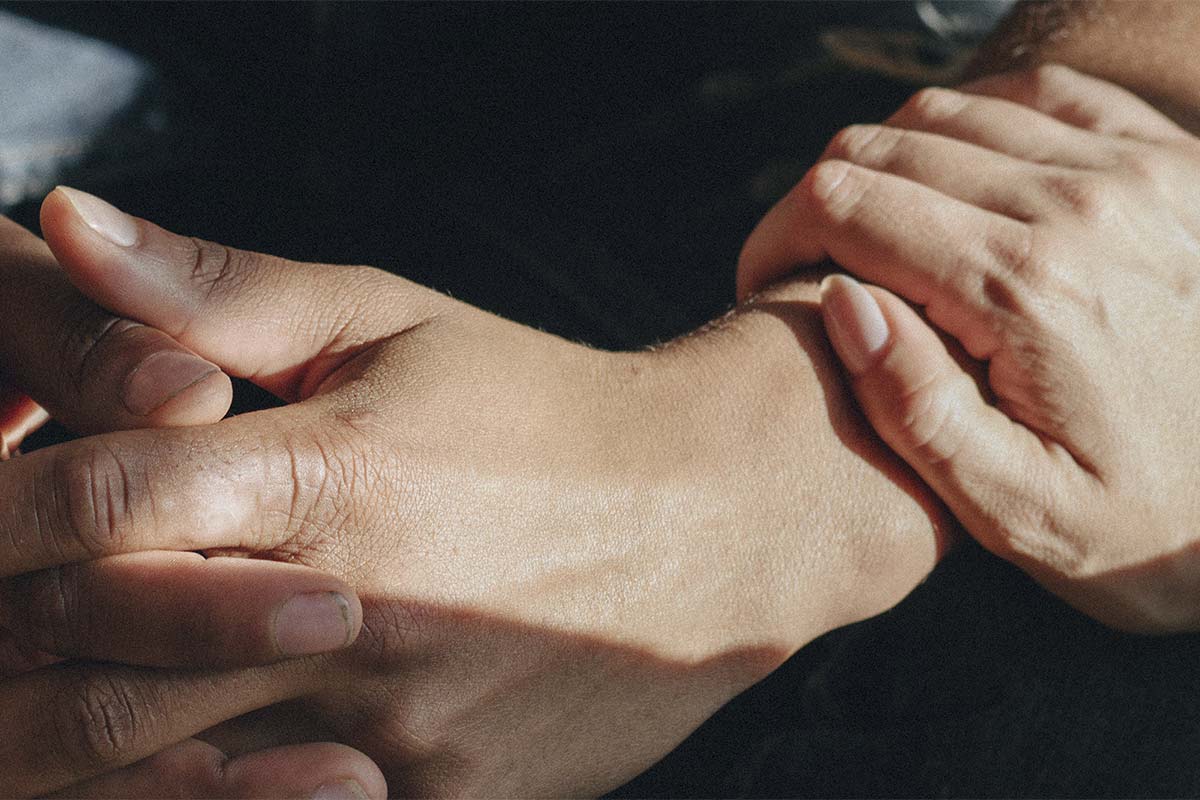Mental & Physical Prep: Tips for Preparing for Rehab

Making the decision to seek professional help for addiction is one of the most courageous steps a person can take. Entering a rehabilitation centre signals the beginning of a life-changing journey toward sobriety and healing. However, the transition into rehab can bring up questions, fears, and uncertainties. That’s why preparing for rehab—both emotionally and practically—is essential to ensure a smoother and more effective experience.
At Prayas Sewa Samiti, we understand that this is a major life shift. As one of the leading rehab centres, we are committed to helping individuals and families navigate the process of preparing for rehab with clarity and confidence.
Why Preparation Matters
Many people underestimate the importance of mental and logistical preparation before checking into rehab. Being mentally, emotionally, and physically ready can enhance the treatment experience and set a stronger foundation for long-term recovery. The process of preparing for rehab allows you to tie up loose ends, inform your loved ones, and start the recovery journey with the right mindset.

1. Mentally Preparing for Rehab
One of the first and most important steps in preparing for rehab is mentally accepting the need for treatment. Many individuals struggle with denial or shame, which can hinder progress. Try the following steps:
-
Acknowledge the problem: Acceptance is the first step in any recovery journey.
-
Set realistic expectations: Recovery takes time and effort. There may be emotional ups and downs, but every step counts.
-
Educate yourself: Learn about the rehabilitation process, the type of therapy offered, and what a typical day looks like.
At Prayasrehab, we provide pre-admission counselling to help clients mentally prepare and align expectations.
2. Emotional Preparation and Saying Goodbye Temporarily
It’s normal to feel nervous, especially about being away from family, friends, or a familiar environment. Emotional preparation includes:
-
Talking to loved ones: Share your decision and goals with people who matter.
-
Saying temporary goodbyes: Let people know where you’ll be and reassure them.
-
Journaling: Write about your feelings, hopes, and fears. This helps process emotions before and during treatment.
3. Informing Your Workplace or School
If you’re employed or studying, inform your employer or institution. You are not obligated to disclose specific details, but you should:
-
Let them know the duration of your absence.
-
Explore if you’re eligible for medical leave or a temporary sabbatical.
-
Assign work duties if necessary or find someone who can take over your responsibilities.
Being upfront allows you to focus on recovery without added stress about obligations.
4. Organising Financial and Legal Affairs
Before entering a rehab program, it’s wise to settle any pressing financial or legal matters:
-
Pay outstanding bills or set up automatic payments.
-
Inform banks or credit card providers if needed.
-
Discuss legal obligations with a lawyer if applicable, preparing for rehab.
-
Secure personal documents (ID, insurance, etc.) for admission.
Financial planning reduces stress and helps you stay focused during treatment.

5. Packing Smart: What to Bring and What Not to Bring
Every rehab centre has specific policies regarding what you can bring. At Prayasrehab, we provide a list to all incoming clients. Generally, here’s what to consider:
Bring:
-
Comfortable clothing and footwear
-
Personal hygiene items (non-alcohol-based)
-
A journal or notebook
-
Approved medications (with prescriptions)
-
Family photos or motivational books
Don’t Bring:
-
Electronics like phones or laptops (depends on the policy)
-
Any items with alcohol or narcotics
-
Sharp objects or valuables
6. Build a Support System
Let people in your life know you’re going into rehab and may need their support after. Friends and family play a big role in sustained recovery. You can also:
-
Ask someone to visit during family therapy sessions
-
Keep a list of people you can call after discharge
-
Consider joining a support group post-rehab
Creating a support system now makes reintegration easier later.
7. Set Recovery Goals
Define what you hope to gain during your stay:
-
Sobriety
-
Coping strategies
-
Health improvement
-
Mending relationships
Write them down and share with your therapist or counsellor, preparing for rehab. When you enter treatment with a goal-oriented mindset, it strengthens your motivation.
8. Prepare for Aftercare
Preparing for rehab isn’t just about what happens before and during the stay—it’s also about what comes after. Recovery is a lifelong process, and aftercare planning is critical.
At Prayasrehab, we begin planning aftercare from day one, including:
-
Outpatient counseling
-
Support group referrals
-
Relapse prevention strategies
-
Follow-up appointments
Conclusion
Preparing for rehab requires more than just packing a bag—it’s about readying your mind, body, and life for meaningful change. Whether it’s telling your employer, arranging your finances, or mentally preparing for therapy, every step you take before entering treatment can set the tone for success.
At Prayasrehab, the best Deaddiction centre in Dehradun for personalised addiction treatment, we guide our clients through every phase of their journey—from preparation to recovery and aftercare. Taking this step may feel daunting, but with proper preparation and support, you are already on the path to healing.
